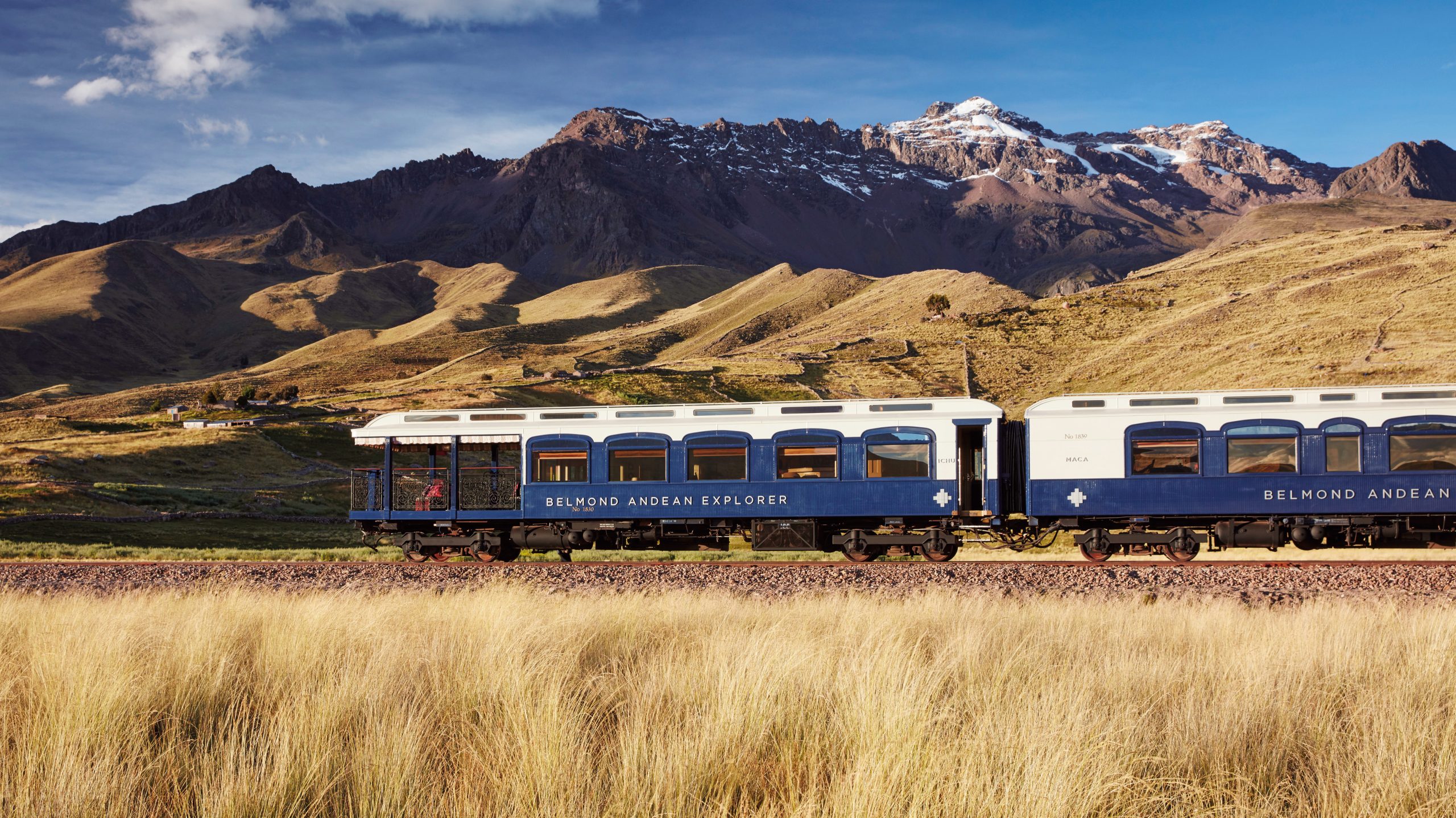
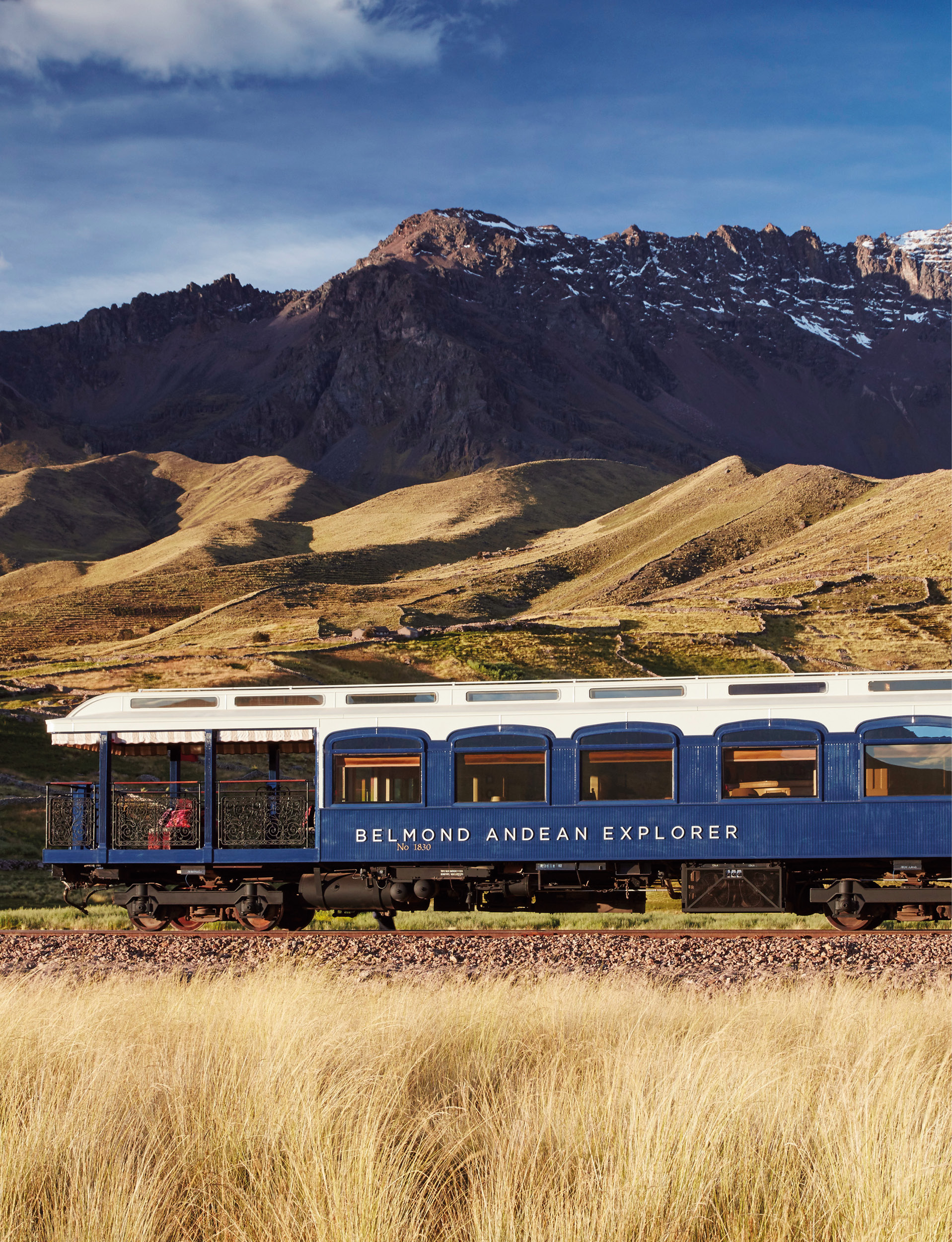

We recently published insights by luxury consultant Fabrice Gautron into the expansion of luxury brands within the hospitality space. Now we follow up with a faculty view on this hot topic, courtesy of Dr. Eleonora Cattaneo, Program Director of our Master’s in Luxury Management and Guest Experience.
As someone who has made the luxury industry the focus of my academic pursuits, this trend we’re seeing for fashion, jewelry and accessories houses to venture into the premium hospitality space has been a source of fascination.
For me, the key word that can explain the phenomenon is ‘experience’. To explain further, what we might call the ‘traditional’ luxury industry was always strongly focused on craftsmanship. Jewelry brands and watchmakers prioritized unique pieces and personalization, thus tending to privilege the product over the experience.
This has changed over time, with guest experience now becoming a major part of the allure. We’ve seen this reported in the pages of The Insider, with senior executives like Georges Kern of Breitling and François-Henry Bennahmias of Audemars Piguet describing how they transformed their brands’ boutiques to become more like private clubs, with personalized, hospitality standard service central to the sales approach.
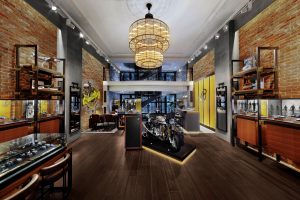
Demographics are playing a massive part here, too. Millennials and GenZs in particular seek transformative experiences to broaden their perspectives and create shared memories with friends and loved ones. Delivering these experiences has therefore become a key driver for luxury brands to offer hospitality options.
Brand immersion
Apart from the obvious goal of a brand extension, which is to target new markets and generate additional revenues, luxury brands also benefit from creating immersive environments that reflect the brand’s identity and values. This allows the brands to become more intimately involved in their clientele’s lifestyle, thus gaining valuable insights that can feed back into the product offer and the retail design.
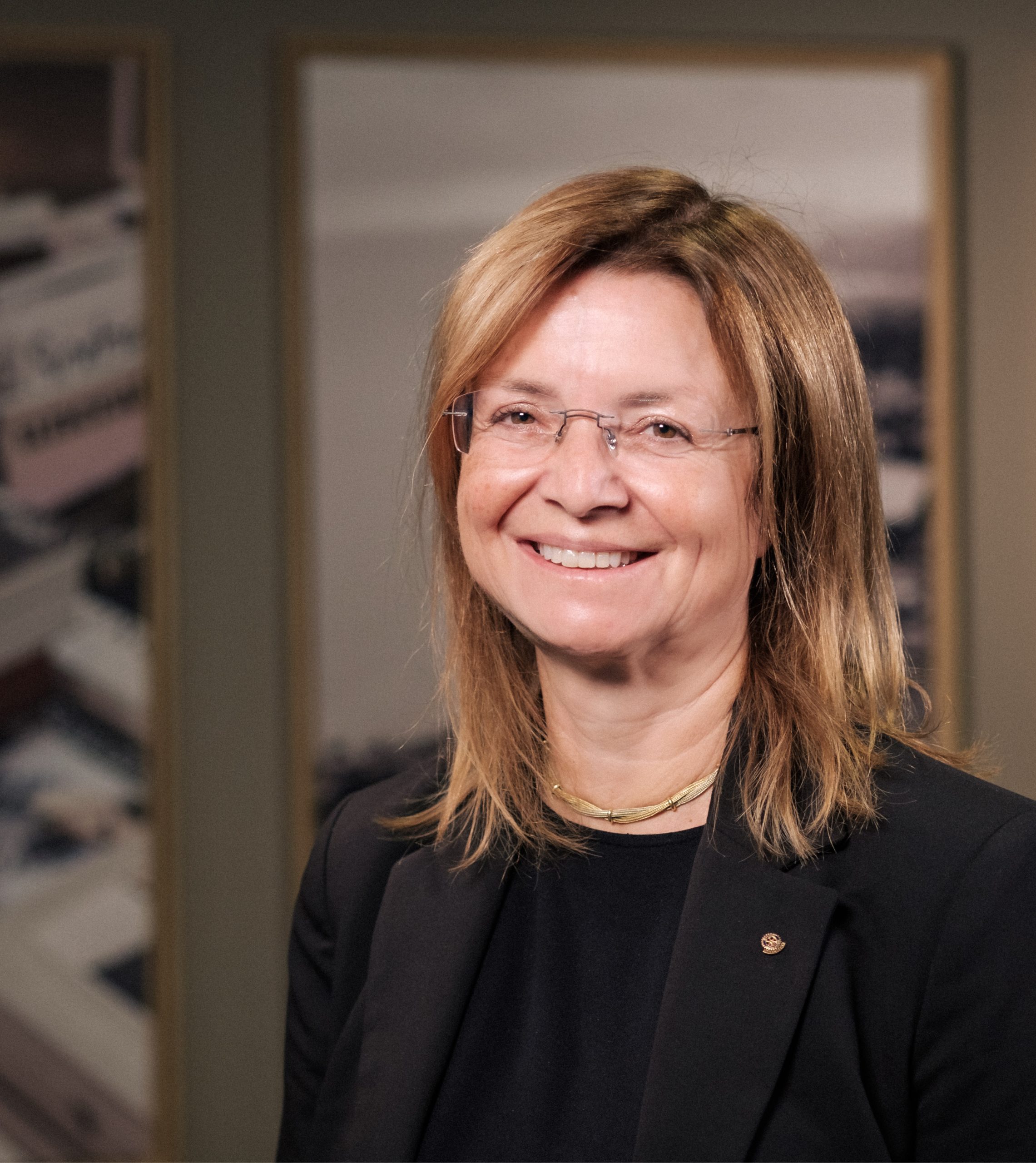
“Apart from the obvious goal of a brand extension, which is to target new markets and generate additional revenues, luxury brands also benefit from creating immersive environments that reflect the brand’s identity and values. This allows the brands to become more intimately involved in their clientele’s lifestyle, thus gaining valuable insights that can feed back into the product offer and the retail design.”
Dr. Eleonora Cattaneo
This new approach is very much about ‘living the dream’ – going beyond product ownership into multisensory engagement. And it means the brands themselves must be active participants, as is the case with Bulgari, which partners with Marriott International for its pioneering hospitality venture launched back in 2002.
Silvio Ursini, the Group Executive Vice President of the brand’s hotels and resorts division pointed out to Skift, “This is not a merchandizing exercise; it’s a matter of translating our values as a jeweler into hospitality. Ours is not a backseat role where we just cash in our royalties.”
Bulgari Hotels and Resorts effectively translates the brand’s rich legacy of Italian refinement and artistry into its properties. The service philosophy is described as “relaxed yet flawless”, and each property has been selected for its prestige and significance.
An excellent example is the Bulgari Hotel Milano. This property is centrally located in the cultural and commercial hub of the city; however, once through the doors, guests find a secluded hotel with a 4,000 sq. m private garden – a tranquil haven steps away from Milan’s busy streets.
Chopard: compare and contrast
By contrast, the recently opened 1, Place Vendôme plays more into the ‘anti-hotel’ concept, which we first saw with brands like The Hoxton breaking the mold of a traditional hotel experience.
The property has its own identity, but it too is the brainchild of an important name in luxury. The giveaway is its location, above the Chopard store in the famous Parisian center of fine jewelry.
Speaking to CNN, Chopard Co-President Karl-Fritz Scheufele noted, “Our positioning is that of an anti-hotel. We aren’t going to be the number one choice for first-time Paris visitors, there are plenty of wonderful hotels to fill that position. I think we’re more for someone who has already seen a large part of hospitality in Paris and is looking for a new perspective.”
The aim for 1, Place Vendôme is to create an experience that immerses the customer in the brand and breaks with the traditional hotel concept. Guests are greeted by the hotel butler and there is no front desk; check-in takes place discreetly on the floor above. The common spaces are laid out like a stately manor home: salon, library, bar and a secret Chinese-inspired cigar lounge hidden behind a wall of false bookshelves.
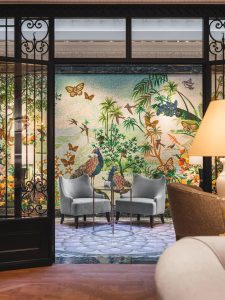
Luxury travelers value the experience concept which offers a more personalized service and amenities tailored to individual preferences, creating a more intimate and customized stay.
To brand or not to brand?
These two examples illustrate the two very distinct strategies that are open to a luxury house seeking to build a hospitality concept: branded or unbranded.
This is a strategic choice which we can see in brand extensions more generally. The choice to endorse the extension (like Bulgari Hotels) has a series of advantages, the most obvious one being leveraging the brand name across categories. The choice to not endorse (1, Place Vendôme or other examples like Prada and Miù Miù) gives the non-endorsed brand more freedom of movement while also reducing reputational risks in case of issues.
Luxury takes control?
As we’ve seen with the sheer weight of new ventures, the luxury operators are clearly taking this hospitality opportunity very seriously – LVMH even has its own distinct hospitality division, looking after brands it has acquired or developed, including Cheval Blanc and Belmond.
Could we ultimately see these companies displace the traditional hoteliers at the head of the luxury hotel market? I don’t think so, primarily because their hospitality offer must remain focused and personalized in order to fit with the luxury brand DNA.
Going back to Bulgari as an example, as I mentioned the company began its hospitality adventure in 2002. To date it has opened just nine hotels. Four Seasons Hotels & Resorts, by comparison, has 129 properties in 44 countries.
As a final question to consider, what does all this mean for the next generation of hospitality talents – and by that, I mean the students at schools like Glion?
I believe this is an exciting and highly promising new dimension for our students; not least because Glion very firmly positions its academic offer at the luxury-hospitality crossroads.
It means Glion students are perfectly positioned to add value to brands that offer ultra-luxury experiences as our courses, field trips and industry networking are very much focused on delivering insights, knowledge and transferable skills in this space.
Photo credit
Belmond train: Richard James Taylor
1, Place Vendôme: Gregory Copitet
Develop your luxury mindset
Our Master’s in Luxury Management and Guest Experience will position you perfectly for a career in the luxury sector.
















